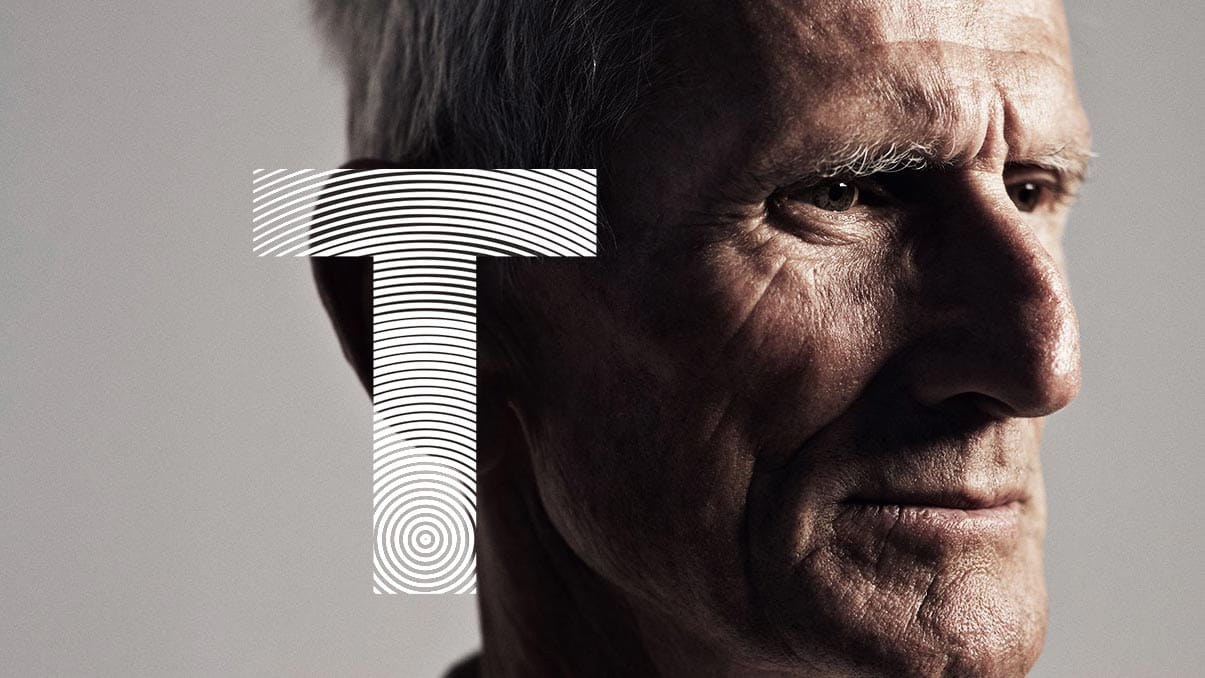
The Link Between Tinnitus and Dementia
Many studies have remarked on the link between hearing loss and dementia, but many people still wonder if tinnitus has any links to the condition as well.
Created Updated
Recent studies have shown that there is an irrefutable link between hearing loss and dementia in older patients. As their hearing worsens, they might have trouble interacting with people. Many older people who struggle to communicate with family members, friends, and nurses might withdraw, which can have a negative impact on their health. Social isolation has been shown to increase the onset and effects of dementia, and hearing loss can directly cause isolation.
There is also the issue of misdiagnosis. Certain symptoms of hearing loss might be misinterpreted as dementia. In one case, a woman was diagnosed with a serious case of dementia. After she was fitted with hearing aids, doctors were able to determine that many of her symptoms weren't caused by a mental condition, but a hearing problem.
Early detection of hearing loss is key in these cases. Once the hearing loss is diagnosed, measures can be taken to ensure that the patient's health and well-being are better taken care of. Hearing aids can allow them the freedom to communicate, and an active social life can help prevent the onset of dementia.
Tinnitus and hearing loss
Not every person suffering tinnitus experiences hearing loss, and not every person with hearing loss has tinnitus. However, these two conditions are linked in many cases. Many of those who suffer from noise-induced hearing loss have reported prolonged or constant ringing in their ears. It is not entirely clear why noise-induced hearing loss leads to tinnitus, but it likely involves the cochlea.
The cochlea is a spiral-shaped organ in your inner ear. The inside is lined with sound-sensitive cells that help you process what you're hearing. When the cochlea is exposed to loud, excessive noise, tinnitus and hearing loss can occur. Many people experience tinnitus after concerts, gunfire, or other loud noises. However, when the ringing doesn't go away, tinnitus becomes a problem.
While tinnitus and hearing loss are not inherently linked, there is a definite correlation between the two. So it's safe to say that an elderly person suffering from hearing loss might experience tinnitus as well. Tinnitus can cause a host of problems on its own, many of which might worsen dementia symptoms.
Linking tinnitus and dementia
Tinnitus makes it difficult for many people to relax and focus. This constant attention can cause mental fatigue, exhaustion, and depression. Insomnia and troubled sleep have also been linked to tinnitus, and lack of sleep can have serious, detrimental effects to anyone's health. When combined with the social isolation and lack of communication that hearing loss can cause, tinnitus can deeply influence an elderly person's health and wellbeing.
Tinnitus and hearing loss also cause the brain to "reorganize". In order to cope with the loss of hearing, the brain stops performing certain functions in order to compensate. The areas of the brain dedicated to memory and concentration are the first to go, and the loss of these functions can lead to the onset of dementia.
How hearing aids can help
As Signia continuously develops its hearing aid technology, the opportunities for better hearing grow. Hearing aids can have a profoundly positive impact on the elderly, especially those who long to communicate and hear the world around them. These interactions can improve their quality of life and prevent isolation and depression -- two factors that have a serious impact on dementia.
The earlier hearing loss and tinnitus are diagnosed, the faster treatment can begin. Consider visiting a hearing care professional for a hearing test, and talk to your loved ones about hearing aids. Better hearing can improve present-day interactions and future health.